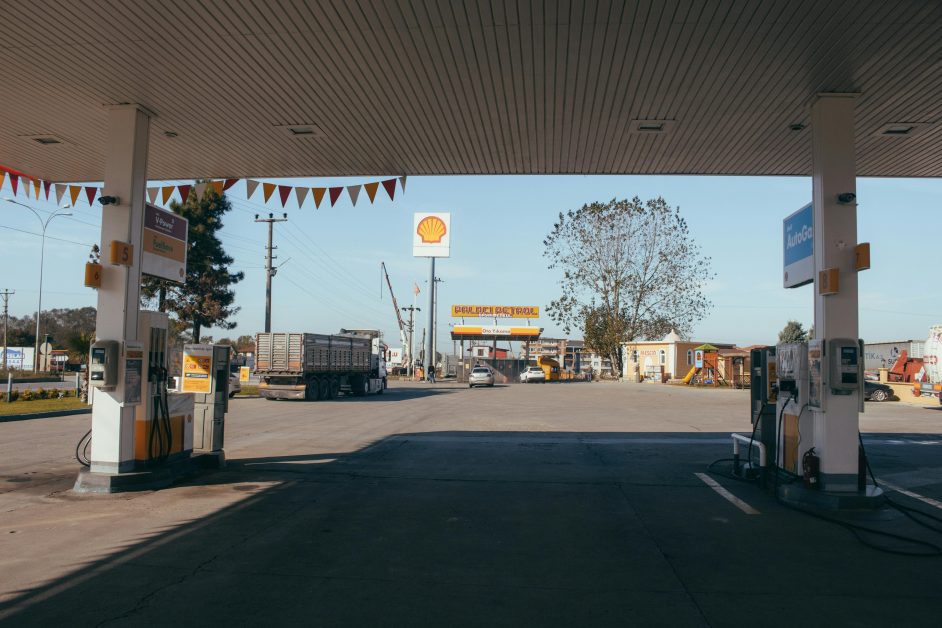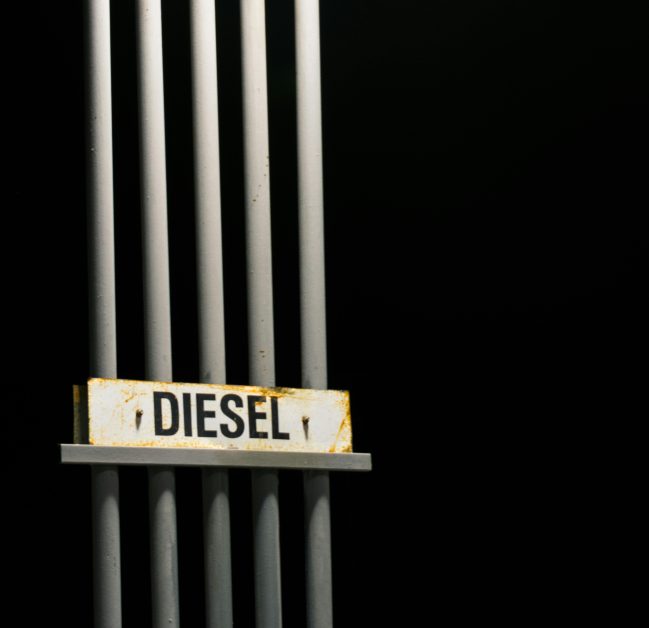In recent years, the automotive landscape has been shifting rapidly. Where diesel engines once ruled the roads with their superior torque and fuel efficiency, stringent environmental regulations and advancements in alternative technologies are steering the market toward a different future. In South Africa, where diesel vehicles have enjoyed popularity due to their robustness and economy, the tide is starting to turn. But what does this mean for those considering purchasing a used diesel car today?
The Rise and Fall of Diesel
Diesel engines gained traction for several reasons. They offered better fuel efficiency than their petrol counterparts, making them popular among long-distance drivers and commercial vehicles. Diesel’s higher energy density and the lower cost per kilometer made it an attractive option in a market like South Africa, where vast distances and variable terrain are common.
However, the fallout from various global emissions scandals and growing awareness of diesel’s environmental impact have led to stricter regulations. Countries around the world are setting ambitious targets to reduce carbon emissions, with many planning to phase out internal combustion engines entirely in the coming decades. This global shift has influenced perceptions and policies in South Africa as well, although the transition here is progressing at a different pace.
Current Market Trends
Despite the global downturn, the market for used diesel cars in South Africa remains robust. For many, the immediate benefits of diesel—like fuel efficiency and lower running costs—are still persuasive. The infrastructure for diesel is well-established, and for those living outside urban centers, diesel cars offer reliability that can’t yet be matched by electric vehicles, mainly due to concerns about charging availability and power reliability.
However, the resale value of diesel cars is starting to see a decline. As the market anticipates a broader shift towards electric vehicles (EVs) and hybrids, potential buyers are becoming cautious about investing in technology that might become obsolete. This trend is particularly noticeable in urban areas, where environmental concerns are more prominent and the infrastructure for EVs is slowly expanding.

Government Policies and Incentives
The South African government’s stance on diesel is somewhat ambivalent. On one hand, there are no significant incentives to move away from diesel cars, unlike in some European countries where heavy penalties and restrictions are in place for diesel vehicle owners. On the other hand, there’s an increasing push towards electrification, with several initiatives aimed at boosting the adoption of greener technologies.
The recent introduction of the Green Transport Strategy aims to transform the public fleet and incentivize private electric vehicle purchases. Although the focus is more on electric vehicles, the ripple effects are likely to diminish the desirability of diesel cars over time. For potential buyers, this could mean that purchasing a used diesel car now might involve risks regarding its future utility and value.
Consumer Perceptions and Realities
For the average consumer, the decision to buy a diesel car often comes down to cost versus environmental impact. While diesel offers cost-saving advantages, the environmental toll is becoming harder to ignore. Urban dwellers, in particular, are starting to opt for petrol or hybrid vehicles as more information about pollution and health impacts becomes mainstream.
Moreover, the advent of more affordable electric vehicles and improved charging infrastructure could accelerate the decline in diesel’s popularity. However, for now, diesel remains a practical choice for many South Africans, particularly those in rural areas or involved in sectors like agriculture and mining, where diesel’s advantages in terms of power and economy are indispensable.

Pros and Cons of Buying a Used Diesel-Powered Car in South Africa in 2024
The decision to purchase a used diesel-powered car in South Africa involves weighing various factors that could influence both the short-term utility and long-term value of the vehicle. As of 2024, here are the key advantages and disadvantages of opting for a used diesel vehicle in the current automotive landscape of South Africa.
Pros
1. Fuel Efficiency
Diesel engines are generally more fuel-efficient than their petrol counterparts, especially on highways and during long-distance travel. This makes diesel a cost-effective choice for South Africans who frequently travel long distances, such as between cities.
2. Durability and Longevity
Diesel engines are known for their durability and typically have a longer lifespan compared to petrol engines. They are built to withstand the rigors of higher compression and can handle heavy-duty use better, making them ideal for drivers who need a robust and reliable vehicle.
3. Torque and Performance
Diesel engines offer more torque at lower RPMs, which is advantageous for towing and carrying heavy loads. This makes diesel cars popular among those who use their vehicles for business purposes or who often transport goods and equipment.
4. Resale Value
Due to their durability and the ongoing demand in certain segments of the market, diesel cars can maintain a relatively good resale value, especially for models known for their reliability and performance.
Cons
1. Environmental Impact
– Diesel engines produce higher levels of NOx (nitrogen oxides) and particulates compared to petrol engines, contributing to air pollution and potential health risks. With increasing environmental awareness and stricter emissions regulations, the environmental impact of diesel cars can be a significant drawback.
2. Cost of Maintenance
– While diesel engines are generally robust, the cost of maintenance and repairs can be higher than for petrol engines. Components such as diesel particulate filters (DPF) and other emissions control systems can be expensive to replace or repair.
3. Regulatory Risks
– As global and national policies shift towards reducing carbon emissions, diesel vehicles might face stricter regulations, higher taxes, or restrictions in urban areas. This could affect the usability and desirability of diesel cars in the future.
4. Availability of Fuel
– Changes in the global oil market or local fuel supply issues could affect diesel availability and prices. While not a constant concern, it’s a potential risk that could affect the cost-efficiency of owning a diesel car.
5. Noise and Vibration
– Older diesel engines, in particular, are often noisier and produce more vibration than petrol engines. While modern diesels have improved significantly, the noise and feel of the engine can still be less refined compared to petrol engines, which might be a consideration for some buyers.
Buying a used diesel car in South Africa in 2024 requires careful consideration of both the benefits and drawbacks. While the durability, fuel efficiency, and torque of diesel engines appeal to many, the potential environmental impact, maintenance costs, and future regulatory changes are significant factors to weigh. Prospective buyers should assess their specific needs, usage patterns, and potential future scenarios to make an informed decision that aligns with both their budget and lifestyle requirements.
The Verdict
So, is diesel a dying breed? In the global context, yes, the days of diesel dominance are numbered. In South Africa, however, diesel cars will likely remain a significant part of the automotive landscape for at least another decade. For buyers of used diesel cars, the key will be to balance the immediate benefits of diesel ownership against the potential long-term declines in value and relevance.
As South Africa moves forward, the automotive industry’s evolution will be closely tied to infrastructural developments and changes in consumer attitudes. While diesel might eventually fade into the background, its journey toward obsolescence will be a gradual one, influenced by economic factors, government policies, and technological advancements. For now, diesel isn’t extinct yet, but it’s certainly an endangered species in the world of automotive technology.


